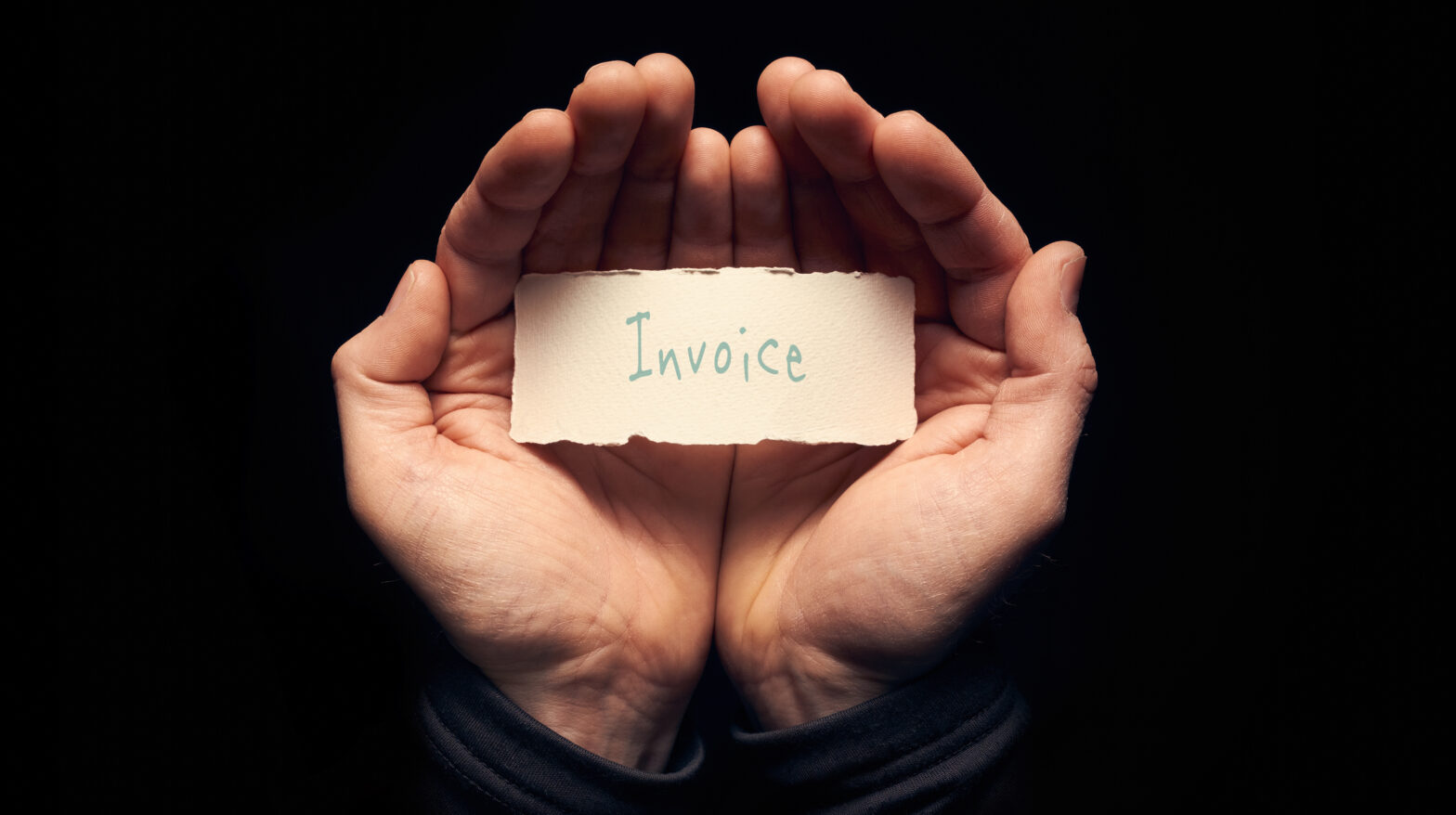The UK’s smaller businesses are facing a total bill of £2.16 billion to chase late payments, according to Bacs Payment Schemes Limited (Bacs), the company behind Direct Debit and Bacs Direct Credit in the UK.
That’s in spite of a dramatic drop in the overall late payment debt, with new figures showing that UK small to medium size enterprises (SMEs) are owed £14.2 billion in contrast with five years ago when the total was double that, at £30.2 billion.
Out of the 1.7 million SMEs in the UK, almost 640,000 say they have to wait beyond agreed terms for payments. Scotland has the highest percentage of SMEs reporting late payment issues (46 per cent), followed by Northern Ireland (39 per cent), England close behind (37 per cent) while just over a third of Welsh SMEs (34 per cent) say they experience late payments.
Thirty nine per cent of companies are spending up to four hours a week chasing late payers, while 12 per cent of SMEs employ someone specifically to pursue outstanding invoices. But there is light at the end of the tunnel – more than two thirds of those who don’t have a late payments problem say being paid by Bacs Direct Credit helps, while 29 per cent say the same about collecting monies owed by Direct Debit.
Almost one in five (19 per cent) of SMEs affected by overdue settlement admit that being owed between £20,000 and £50,000 would be enough to drive them into bankruptcy, with seven per cent of businesses saying they are already in that danger zone.
Of those facing late payments, some 16 per cent struggle to pay their staff on time, while 28 per cent of company directors reduce their own salaries in order to keep essential working capital inside their businesses. And nearly a third (32 per cent) say that overdue invoice settlement forces them to pay their own suppliers late. A quarter (25 per cent) rely on bank overdrafts to make essential payments, and 15 per cent find it difficult to pay business bills like energy, rates, and rent when they’re due.
A significant issue for SMEs is the amount of time they are being kept waiting beyond their previously agreed payment terms. Almost a third of companies face delays of at least a month beyond their terms and nearly 20 per cent are having to wait more than 60 days before being paid.
Mike Hutchinson, from Bacs, says, ‘Falling late payment totals is welcome news for small to medium size businesses and for the wider economy. It’s good to hear that relatively simple measures like collecting money by Direct Debit or insisting on payment by Bacs Direct Credit are helping to keep SMEs out of the late payments trap. We’d advise all businesses to investigate if automated payments can help them control their cashflow more effectively.’





